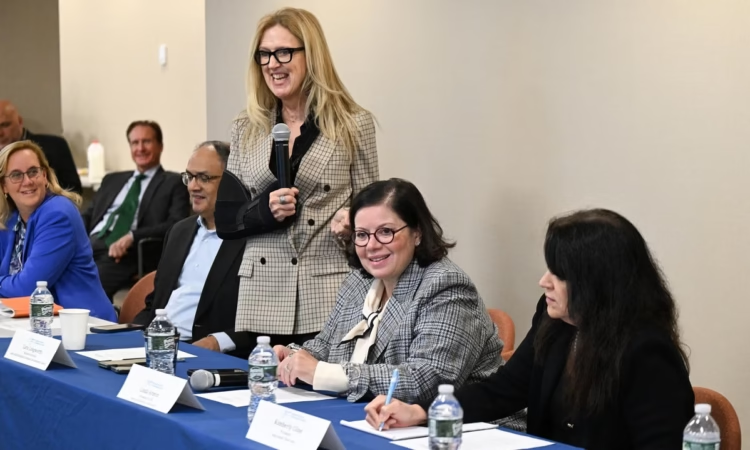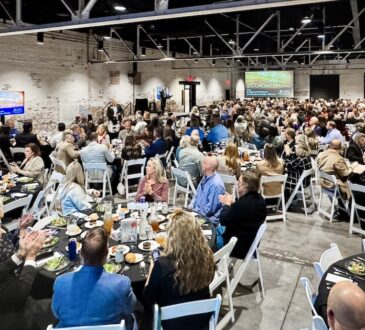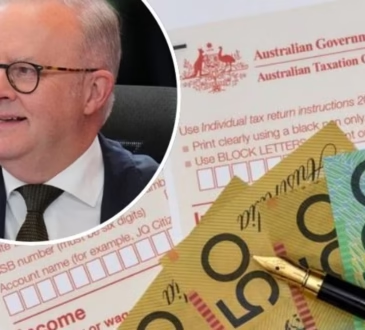
Local leaders are putting forward a $50 million proposal to give entrepreneurs a space to start manufacturing small batches of their prototype product and to seek financing from more than 300 investors.
The proposal, called the Regional Commercialization Corridor, was developed by the Long Island Regional Economic Development Council. The council consists of 22 business executives, university presidents, union leaders and nonprofit officials who were appointed by Gov. Kathy Hochul to help allocate state grants and tax credits for economic development.
Next week, the council will apply for funding for the commercialization corridor, said Cara Longworth, the council’s executive director and head of Long Island operations for Empire State Development, the state’s primary business-aid agency.
The local development council will compete with nine others from across the state for a share of $150 million in the new ACHIEVE contest, she said in an interview on Thursday. The ACHIEVE acronym stands for Advancing Collaboration for High-Impact Initiatives for Economic Visions & Expansion.
New appointments
Gov. Kathy Hochul has appointed five people to the Long Island Regional Economic Development Council this year. They succeed three others or fill vacant positions.
The council’s new members are:
- Terri Alessi-Miceli, president and CEO, Hauppauge Industrial Association-Long Island
- David Calone, senior adviser to Jove Equity Partners LLC and Strata Alliance
- Derek Peterson, CEO, Soter Technologies
- Robert Prezant, president, Farmingdale State College
- Michael Tucker, president, Long Island Food Council
At Thursday’s council meeting in Melville, Longworth and others said the commercialization corridor would assist technology startups in New York City and on Long Island by opening a 50,000-square-foot building for them to begin making products for sale. Officials said a location hasn’t yet been chosen for the facility, but it will be on the Island.
“This will make [Long Island] a hub by connecting the assets that we have — universities, hospitals, incubators, business investors and manufacturers — with the city’s assets to start companies, to help them grow here,” said Linda Armyn, council co-chairwoman and CEO of FourLeaf Federal Credit Union, formerly Bethpage Federal Credit Union.
The manufacturing building would be run by Newlab LLC, which is based at the Brooklyn Navy Yard and has business incubators there and in Detroit, New Orleans, Saudi Arabia and Uruguay. Newlab is a for-profit entity.
Liz Keen, chief strategy officer at Newlab, said, “We lose companies every day [to other states] because they cannot find production space” in New York City.
She also said participants in the commercialization corridor would have access to Newlab’s Brooklyn Yard incubator and its online platform to find investors, suppliers and customers.
In addition, scientists and researchers who want to turn inventions into commercial products would be able to take courses with Activate, a tech training nonprofit started in California.
The corridor’s activities would focus on three industries that already have a presence on Long Island: aerospace/defense, clean energy and cyber physical systems, including semiconductors and AI.
If the development council wins state funding, the manufacturing facility is projected to open in late 2027 and not require government aid by 2030, according to Sulin Carling, a principal at the consulting firm HR&A Advisors who helped the council to develop the proposal.
She estimated that within five years the commercial corridor would have retained 50 startups in the state, created up to 1,100 jobs and had 225 participating businesses.
David Calone, a council member and a venture capitalist, said the corridor’s success would depend on meeting the needs of companies “so they are successful, and jobs are created.”





